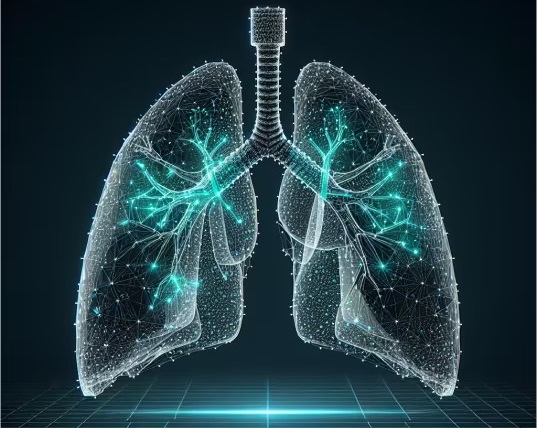AI Powered Portable Lung Imaging Brings Life-Saving Diagnostic Capabilities to POC
Posted on 11 Sep 2024
In situations where nurses are at the bedside with a deteriorating patient in busy hospitals, delays in obtaining diagnostic tests can result in late treatment for potentially life-threatening respiratory issues. If nurses were trained to use point-of-care ultrasound, they could access real-time data that would significantly shorten the time to diagnosis and appropriate treatment. Now, artificial intelligence (AI) could transform the way nurses evaluate lungs in hospitals and healthcare settings globally.
Deep Breathe (London, ON, Canada) offers lung ultrasound technology that healthcare providers can use at the bedside to diagnose various lung conditions. By incorporating AI, algorithms can more effectively analyze and interpret ultrasound images. Deep Breathe combines AI with traditional ultrasound technology to streamline image interpretation and automate the diagnostic process. This technology is intended to replace slower, less efficient methods and reduce the risks associated with radiation-based X-rays. By integrating AI with bedside ultrasound, nurses could reliably rule out pneumothorax and evaluate other serious lung conditions. Furthermore, by integrating AI into lung ultrasound technology, nurses could quickly detect B-lines, a key indicator of fluid in the lungs. If no B-lines are present, the team could confidently administer IV fluids to treat the patient’s low blood pressure.

Several healthcare institutions have already recognized the benefits of nurse-led point-of-care ultrasound and have begun incorporating it into nursing practice. A prospective observational study conducted in a mixed medical and surgical ICU evaluated the effectiveness of nurse-led thoracic ultrasound. The study revealed that 27% of the ultrasounds led to changes in patient management, with most changes (56%) falling within the nursing scope of practice. Deep Breathe aims to expedite this shift toward nurse-led lung ultrasound by using deep learning algorithms to enhance and automate the interpretation of portable lung ultrasound images, providing a faster and more accurate alternative to traditional methods.
"Our AI-driven ultrasound solutions are designed to bring life-saving diagnostic capabilities to the point of care, even in the most challenging environments,” said Dr. Rob Arntfield, CEO and Founder of Deep Breathe.
Related Links:
Deep Breathe














